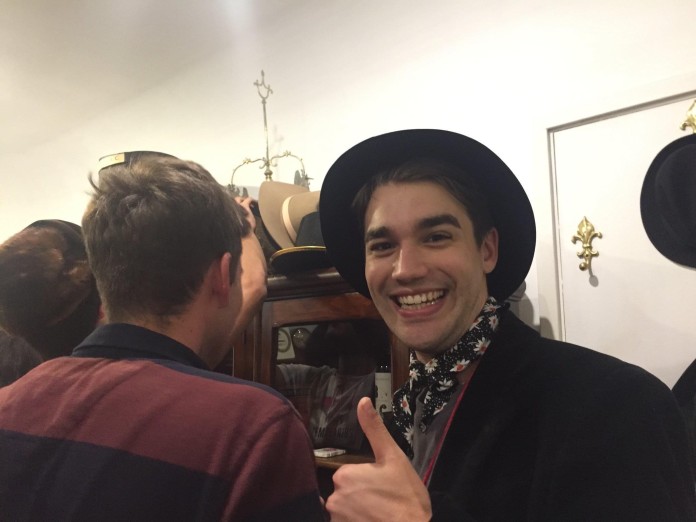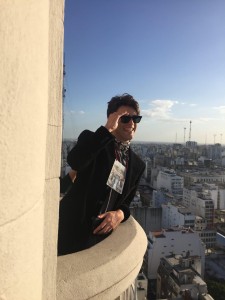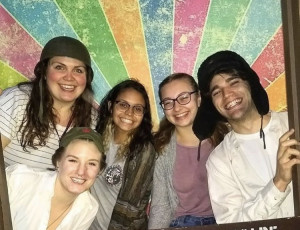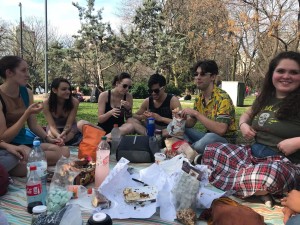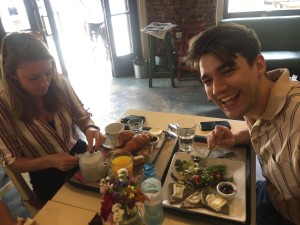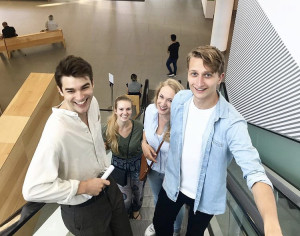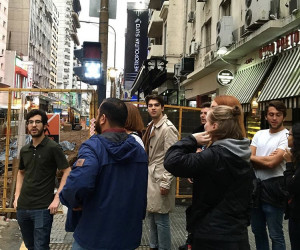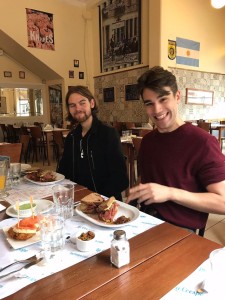Michael from the U.S. joined us in 2018-2019 for our University Spanish Program. We were lucky enough to have us in our program for quite a few months. He completed the offerings of the University Spanish courses and then also decided to participate in our Photography Program. Here is his story…
My reasons for choosing to continue my engagement with the Spanish language are personal, political, and professional. On the personal level, the spaces and people I interact with on a daily basis are largely defined by the juxtaposition between Spanish and English: the urban neighborhoods where I reside, the service industry where I have worked, and the friends with whom I choose to build relationships, all beget a fluidity of language. Acquiring Spanish as a second language would allow me to more intimately connect with my various communities.
Politically, in the midst of the Trump era here in the United States, I believe it is more important than ever to embrace the perceived otherness of those targeted by the administration’s xenophobic policies. To structure a communicative pedagogy around bilingualism, rather than a racist, national “official language,” opens up a more generous national environment for Latino immigrants.
Finally, I want to jump-start a career as a Professor or a related research position where I study communities of resistance from a transnational and comparative perspective. Most of my work up to this point in my career has focused on these types of communities in Latin America, and a basic understanding of Spanish has been important when studying and interpreting primary source documents.
To study Spanish as an academic language opens up possibilities, both in my career and more generally, to build international solidarities through scholarly exchange. While abroad in Buenos Aires in 2015, I was trained in sociological research methods and came to understand the importance of informed research practice in establishing appropriate international relations.
This time around, in addition to my language classes, I conducted research at an archive at a local University in Buenos Aires on the ephemeral history of urban social movements in Buenos Aires. The language classes made this research much more manageable and comprehensive.

